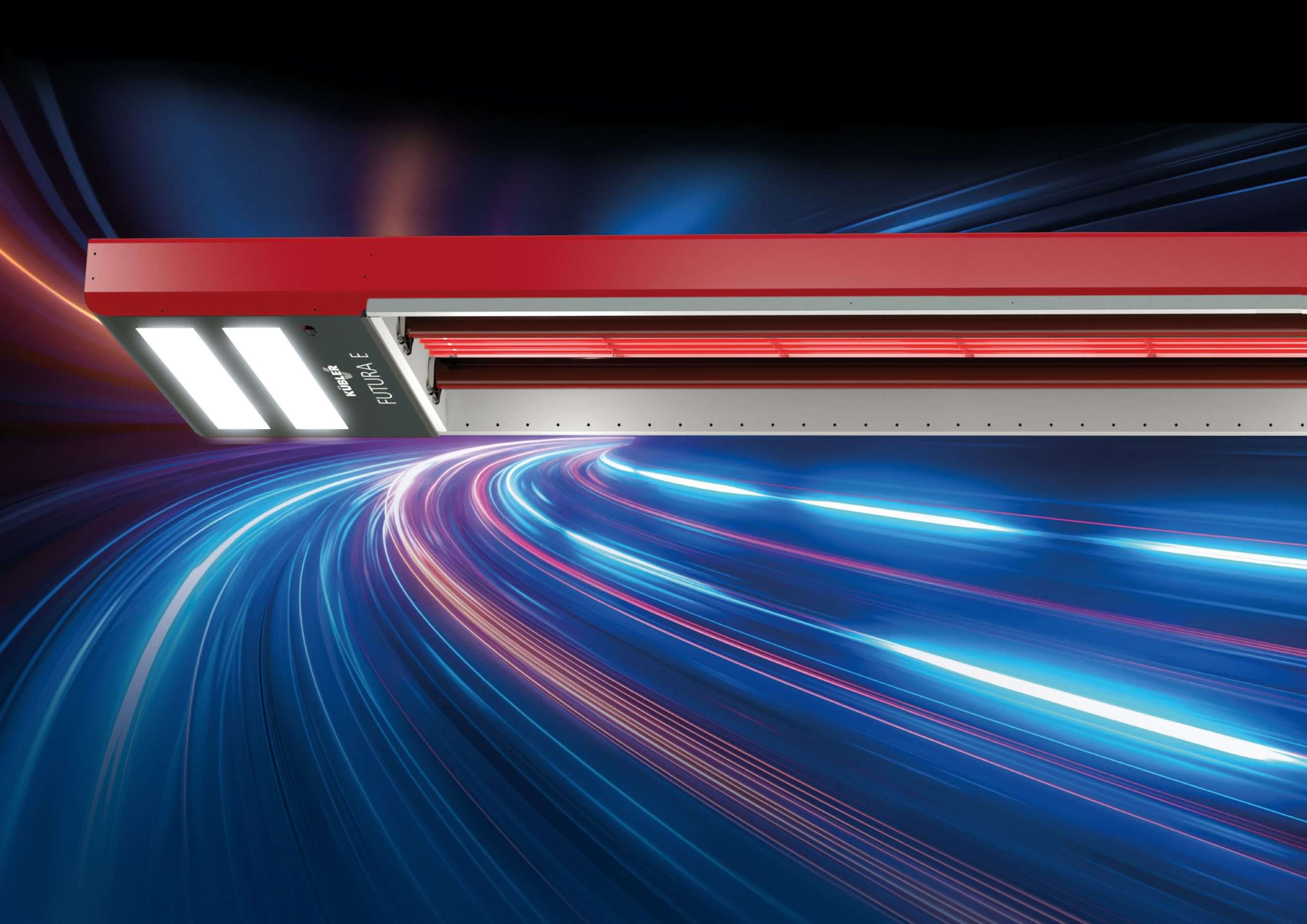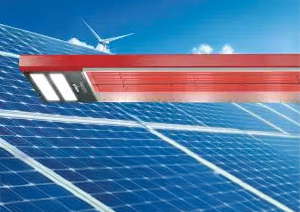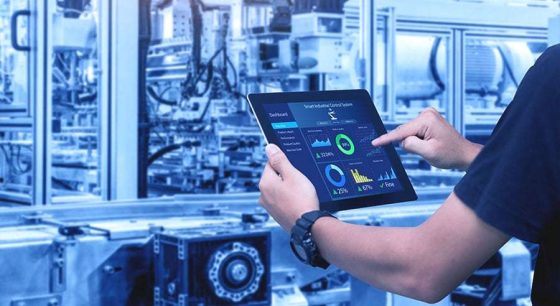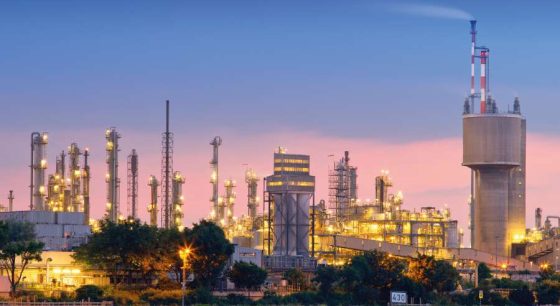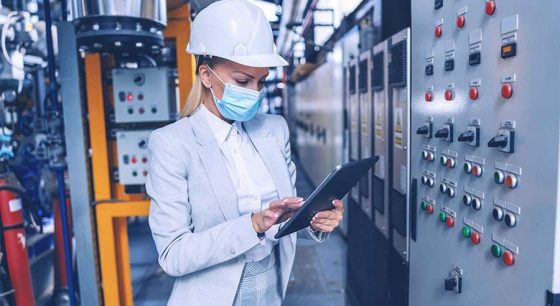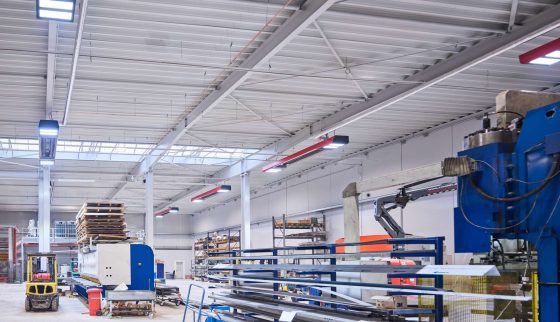Why you should rely on efficient future technologies when modernizing your heating system
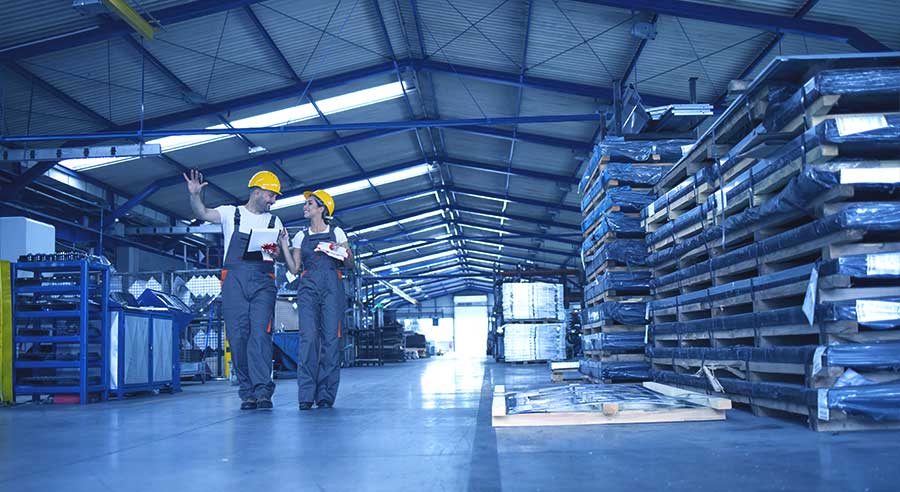
Sustainability and energy efficiency are more important today than ever before
In view of climate change, the European Union has set itself clear targets to limit pollutant emissions: By 2030, emissions are to be reduced by at least 55 % compared to 1990 levels, and by 2050 the EU aims to be as completely greenhouse gas neutral as possible. In addition, CO2-emissions in the heating market by 81 % compared to the reference year 1990. In May 2021, Germany set itself even more ambitious targets: 65 % reduction in CO2-emissions by 2030, 88 % by 2040 and climate neutrality by 2045 are the new targets in the Climate Protection Act.
Proposals for optimizing existing legislation, including EU energy legislation, are to be presented in 2021. But one thing is already certain: companies will be held clearly accountable so that individual countries can meet their climate protection targets. The best example of this is the new legislation that came into force in November 2020 Building Energy Act (GEG)which replaces the EnEG, EnEV and EEWärmeG.
The GEG regulates the energy requirements and the use of renewable energies for heating and cooling - both for new buildings and for modernizations. With exceptions, gas and oil heating systems over 30 years old must be replaced. It should also be noted that oil heating systems will be completely banned from 2026. So it's high time to replan your heating systems now and opt for efficient future technologies.
In this respect, modern infrared radiators are recommended for hall buildings - both new and existing. And there are simple reasons for this.
1. future technologies such as infrared heaters are already more efficient than required today
This is due to the infrared principle. Infrared rays heat bodies and objects that absorb them. The air, on the other hand, remains unaffected, which means that virtually no warm air can rise and accumulate unused under the ceiling. In addition to convection, another physical law comes into play here: the higher the temperature of a heat source, the lower its undesirable convective component. And that means: with infrared radiators, you hardly waste any energy, conserve resources and avoid unnecessary CO2-emissions. Combined with the use of residual heat, this technology of the future therefore already clearly exceeds climate protection requirements.
2. infrared heaters are also the right choice from an economic point of view
When modernizing a heating system, you should think long-term - and that is precisely why it is important to use reliable future technologies. After all, the requirements for climate protection and energy efficiency are not getting any less stringent. It makes little sense to rely on a heating system that generates x times the investment and consumption costs or that you will have to replace in just a few years.
By exceeding the climate protection requirements, however, you can rest assured with an infrared radiator: You are well positioned in the long term - also in terms of costs. This is because hall heating systems consume around six to twenty times as much energy over their life cycle compared to the investment costs. But future technologies such as Infrared heaters are so efficientthat they save up to 70 % of energy. This reduces the total cost of ownership enormously. The question of why you should rely on future technologies for modernization can therefore also be answered clearly from an economic perspective.
But is a gas-powered system really future-proof?
Now you may be asking yourself what a gas-powered system (such as an infrared radiator) has to do with future technologies. After all, the belief that you are obliged to use renewable energies in new-build and modernization projects persists - doesn't it?
This assumption is based on old versions of the legislation. However, it has long been taken into account that hall buildings have their own requirements due to their special heating characteristics. Finally, the new GEG excludes decentrally heated halls with a ceiling height of more than four meters from the obligation to use renewable energies. Although these may be a sensible source of energy in principle, they are usually much less efficient, especially in hall buildings.
When it comes to heating halls, the guiding principle of "efficiency before substitution" clearly applies. For a heating system that needs to provide the required amount of heat quickly and flexibly, only one medium has been worthwhile in most cases to date: natural gas. It has a good primary energy factor, is environmentally friendly and is also future-proof thanks to the upcoming supply of hydrogen (power-to-gas).
Gas is one of the pioneering technologies of the future on the road to climate neutrality by 2050
Gas is not only regarded as a bridging technology for the coal phase-out, but is also becoming the energy source of the future due to the continuously increasing proportion of renewable energy (keyword "green hydrogen"). This is because gas is the only energy medium that allows us in Germany to store energy without chemical contamination. In addition, storage and transportation options have been excellently implemented thanks to the optimally developed gas network in Germany. As soon as power-to-gas is available across the board in large-scale industrial processes, gas-powered heating systems will definitely be one of the technologies of the future.
Future technologies offer you security in terms of climate protection targets and economic efficiency
Climate protection targets and requirements will present owners of industrial and commercial buildings with huge challenges in the coming years. But those who already rely on efficient future technologies such as infrared heaters can already put a tick behind this task. If you would like to know more about future-proof heating systems, we recommend our article on HEAT 4.0. Read how you can exploit all the possibilities of the digital age with a holistic view of heat supply and thus take another step into the future.
-
The topic of Industry 4.0 is no longer a dream of the future. The digitalization of industrial processes is being talked about everywhere - and a new era has also dawned in the heating supply sector. Find out in this article what intelligent networking looks like for heating building complexes and what opportunities it opens up for you!
-
The horrendous rise in energy prices, the fear of Putin stopping supplies, the demand for renewable energies to combat climate change - all of this is currently causing a great deal of uncertainty. Is it still worth investing in gas-powered industrial heating systems? The answer to this question is important. Because it determines how quickly trade and industry will make their contribution to the energy transition. And how well it will be possible to meet the future requirement of climate protection in an economically viable way.
-
Whether in production halls or warehouses, many heating systems currently have a problem: they distribute viruses particularly well in the room. This is counterproductive for many hygiene concepts. But does this mean that heating systems have to stay cold this winter?
-
According to the IMD Competiveness Ranking 2024[1], our once leading industrial nation has slipped from 6th to 24th place in just ten years. 45 percent of industrial companies with high electricity costs are planning or implementing plans to reduce their production or relocate it abroad. And the trend is rising[2]. Increasing bureaucratic costs and the extremely high level of energy prices in our country are causing many companies to [...]
